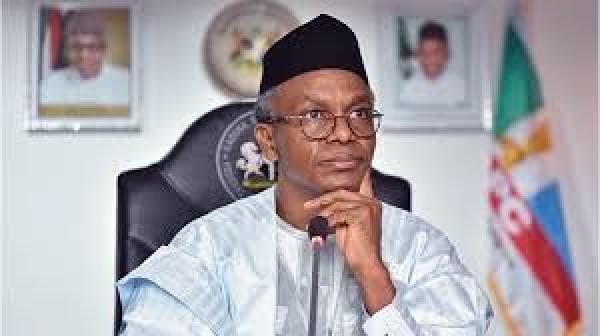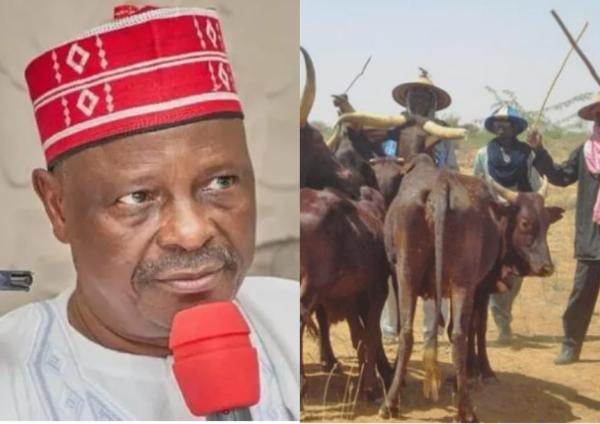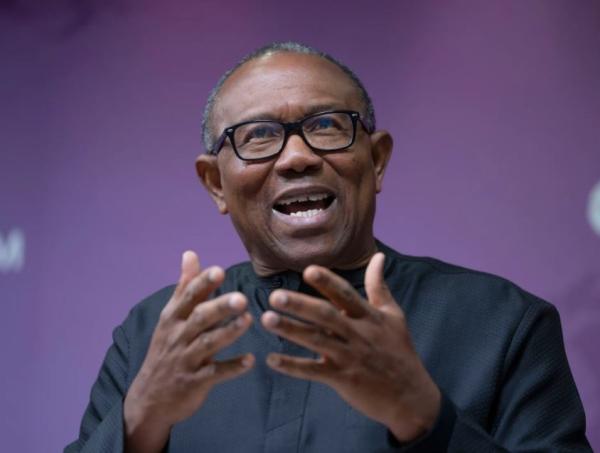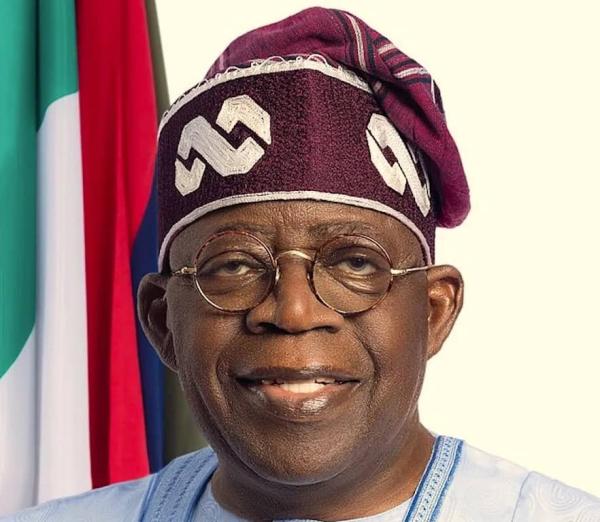
National Assembly
While the Nigerian government has said it is minimizing costs of governance in the face of crushing oil price fall, which has left many states struggling to pay salaries and has forced down national capital budget to its lowest in nearly a decade, the same government has retained a huge N150 billion allocation for federal lawmakers in 2015.
According to details of the 2015 budget reviewed by PREMIUM TIMES, the lawmakers will continue to spend N150 billion as they have done since 2010.
The amount is more than the annual budget of each of at least 15 states in Nigeria.
Long before 2014 when oil crisis started, that allocation to legislators was already considered outrageous by Nigerians. At the time, oil averaged $110 per barrel.
But with nearly half of Nigeria’s revenues gone as crude oil price plummet below $50; the budget figure set for the lawmakers has particularly stood out of the 2015 budget.
In November 2014, as oil price fall escalated, the Minister of Finance, Ngozi Okonjo-Iweala, announced a range of what the government called austerity measures, aimed at adjusting cost and minimizing government expenditure.
The minister said the capital expenditures of some ministries; departments and agencies, of government would be reduced, while focus would be on growth promoting sectors of the economy to sustain development.
That pledge however appears true with the budget for the presidency which has been slashed from N36.1 billion in 2014, to N26.7 billion in 2015.
The presidency includes the State House and several offices such as the Economic and Financial Crimes Commission (EFCC) the Bureau of Public Procurement (BPP) and others.
Specifically, the budget for State House, which has the office of the president and vice president, was reduced from N12.15 billion in 2014, to N9.56 billion in 2015.
But while that office has taken some budget cut, the Nigerian National Assembly has retained all of its outrageous N150 billion.
The budget proposal awaits the approval of the lawmakers and the signature of the president, although it is unlikely the amount will be reduced.
Details of how the Senators and members of the House of Representatives spend the huge allocation annually have remained a top secret over the last four years.
The National Assembly and the Finance Ministry have refused to provide those details despite repeated requests from the media and nongovernmental organizations.
In 2014, the finance minister, Mrs. Okonjo-Iweala, was sued under the Freedom of Information law by the Abuja-based Centre for Social Justice, for ignoring requests for the details.
Eze Onyekpere, who heads the nongovernmental group, told PREMIUM TIMES in November that the government’s hype about austerity can only be taken seriously, when amongst other things, the government dispenses with the National Assembly’s huge budget.
“The frivolous expenditures on meals and refreshments to public officials should be stopped immediately,” Mr. Onyekpere said.
On the average, a Nigerian lawmaker earns over N300 million yearly, being the total of their basic salaries and allowances, and quarterly allowances.
Nigerians refer to the quarterly allowances as “jumbo pay”, while the lawmakers say the funds, in tens of millions of naira each quarter, constitute “administrative cost”.
In 2012, the UK-based magazine, Economist, concluded that Nigerian lawmakers were the highest paid in the world. The report considered only salaries of the lawmakers, not the “jumbo pay”.
Source: Premium Times






















